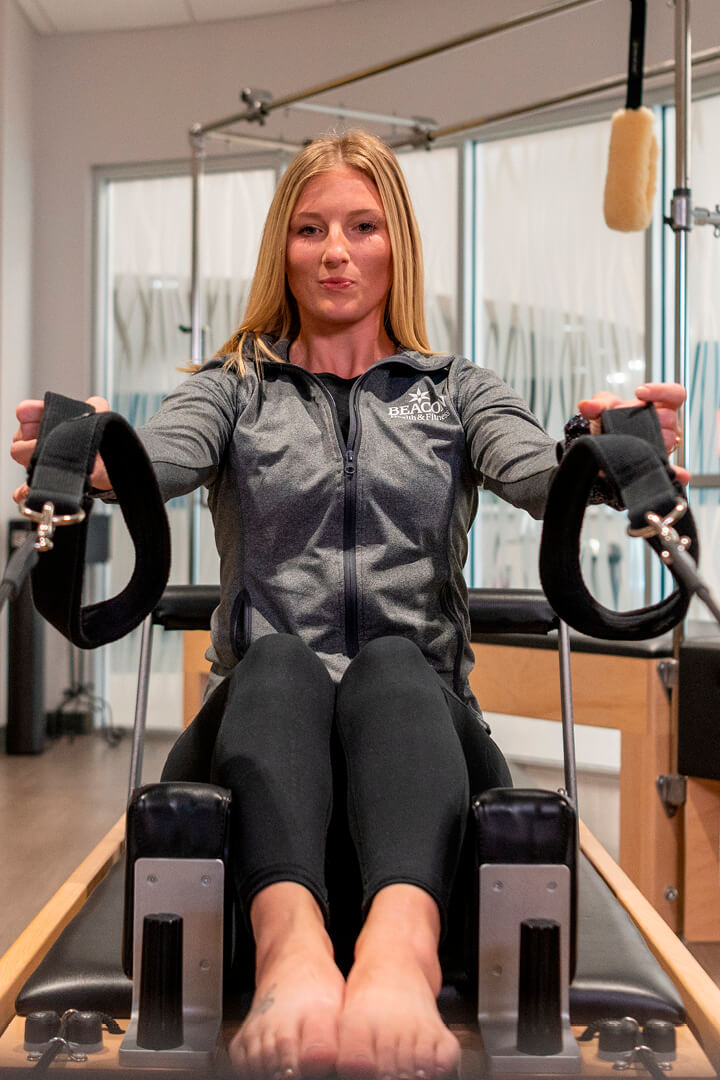Breast cancer is a formidable adversary, affecting millions of women worldwide. The battle against this disease is relentless, but with awareness, early detection, and education, we can make significant strides in reducing its impact.
Understanding Breast Cancer
Understanding the basics of breast cancer is crucial in promoting awareness and dispelling myths and misconceptions. Breast cancer is a complex disease characterized by the uncontrollable growth of abnormal cells in the breast tissue.
Risk Factors:
- Age and Gender: The risk of breast cancer increases with age, with most cases diagnosed in women over 50.
- Family History: A family history of breast cancer may increase the risk.
- Genetic Mutations: Specific gene mutations, such as BRCA1 and BRCA2, significantly elevate the risk.
- Hormone Replacement Therapy: Prolonged use of hormone replacement therapy can increase the risk.
Signs and Symptoms:
- A lump in the breast or underarm
- Change in breast size or shape
- Unexplained pain in the breast or nipple
- Skin changes on the breast, like redness, dimpling, or puckering
Early Detection Saves Lives
One of the most compelling reasons for breast cancer awareness is the life-saving potential of early detection. Breast cancer, when detected at an early stage, is often more treatable and has a higher chance of a successful outcome. Here are some key aspects of early detection:
- Self-Examination: Regular breast self-exams empower individuals to become familiar with the look and feel of their breasts. By noticing any changes, individuals can seek prompt medical attention.
- Mammograms: Mammography is a vital tool for detecting breast cancer in its early stages. Regular mammograms are recommended for women aged 40 and older, but screening guidelines may vary based on individual risk factors.
- Clinical Examinations: Regular clinical breast examinations by healthcare professionals can aid in early detection. These examinations can identify abnormalities that might not be apparent during self-exams.
- Early Intervention: Early detection often leads to less aggressive treatments and a better prognosis. Treatment options can include surgery, chemotherapy, radiation therapy, and targeted therapies.
Breast Cancer Awareness Campaigns
The pink ribbon, a symbol of breast cancer awareness, has become a global icon. It represents hope, support, and solidarity in the fight against this disease. Breast cancer awareness campaigns play a crucial role in educating the public, raising funds for research, and providing support to those affected.
- National Breast Cancer Awareness Month (NBCAM): October is designated as National Breast Cancer Awareness Month in many countries, including the United States. During this time, various organizations and individuals come together to promote awareness through events, fundraisers, and educational initiatives.
- Pink Ribbon Events: Walks, runs, and other pink-themed events are organized worldwide to raise funds for breast cancer research and support services. These events also provide a platform for survivors and their families to share their stories.
- Social Media and Online Activism: Social media platforms have become powerful tools for spreading breast cancer awareness. Campaigns like #BreastCancerAwareness and #Pinktober allow individuals to share information, personal experiences, and resources.
- Education and Outreach: Schools, workplaces, and healthcare institutions often host educational sessions on breast health and early detection. These initiatives help dispel myths and encourage regular screenings.
- Support Networks: Breast cancer awareness campaigns provide a sense of community for those affected by the disease. Support groups and online forums offer emotional support, guidance, and a safe space to connect with others.
The Global Impact of Breast Cancer Awareness
Breast cancer knows no boundaries, affecting women and men of all ages, races, and backgrounds. The impact of breast cancer awareness campaigns extends beyond borders, making a difference in the lives of individuals worldwide.
- Breaking Stigmas: In many cultures, discussing breast health and cancer was once considered taboo. Awareness campaigns have helped break down these barriers, encouraging open dialogue about the disease.
- Early Detection in Developing Countries: Breast cancer awareness programs and initiatives have reached even the most remote areas of the world, providing access to education and early detection tools.
- Research and Innovation: Increased awareness has led to greater funding for breast cancer research, driving advances in treatments, diagnostics, and prevention strategies.
- Survivorship and Empowerment: Awareness campaigns celebrate survivors, showcasing their strength and resilience. Survivors often become advocates, sharing their stories to inspire others.





